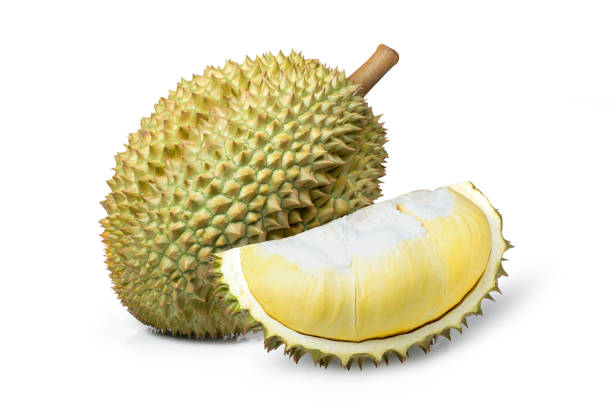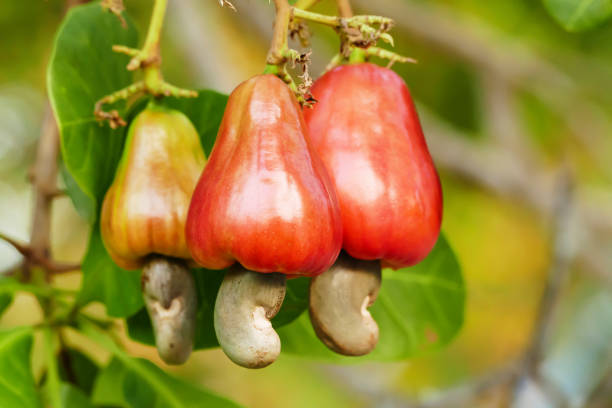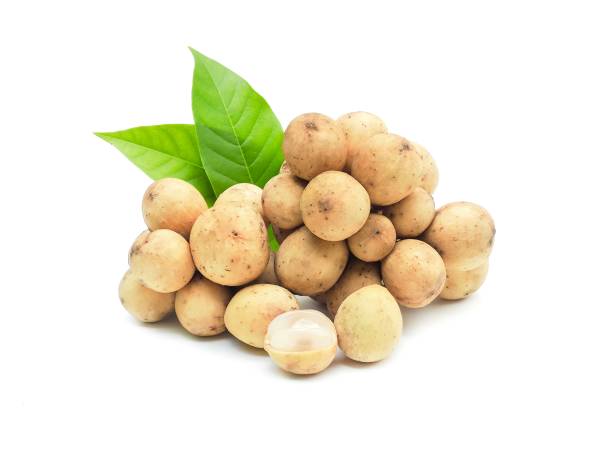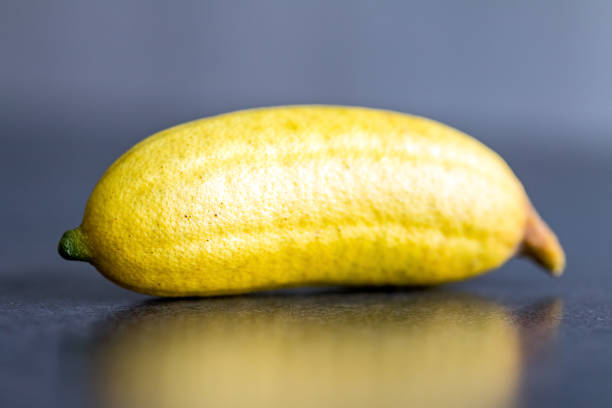Revered as the “King of Fruits,” the durian stands as a tropical marvel, not just for its distinct aroma and rich taste but also for its impressive nutritional profile. This spiky, large fruit, known for its polarizing scent, houses a bounty of essential vitamins, minerals, and other nutrients that contribute to its status as a nutritional powerhouse.
One of the key nutritional components of durian is its robust fiber content. Rich in both soluble and insoluble fiber, durian promotes digestive health by supporting regular bowel movements and aiding in the prevention of constipation. The fiber in durian also contributes to a feeling of fullness, making it a potentially satisfying addition to the diet for those seeking satiety and weight management.
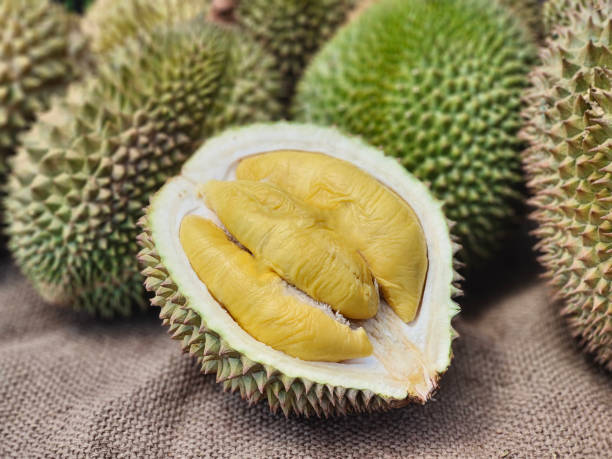
Durian is a notable source of vitamins, particularly vitamin C. This antioxidant vitamin plays a crucial role in immune function, collagen synthesis for skin health, and protection against oxidative stress. With each creamy and flavorful bite of durian, one not only experiences its unique taste but also benefits from a boost to the immune system and overall cellular health.
Despite its creamy texture and rich taste, durian is relatively low in calories compared to many other fruits. This characteristic, combined with its fiber content, positions durian as a satiating option that may be incorporated into balanced diets with a focus on caloric intake.
Durian contains essential minerals, including potassium, manganese, and copper. Potassium is crucial for heart health, helping regulate blood pressure and supporting proper heart function. Manganese plays a role in bone formation, blood clotting, and reducing inflammation, while copper is involved in various metabolic processes within the body. The mineral composition in durian adds to its nutritional value, contributing to diverse aspects of overall well-being.
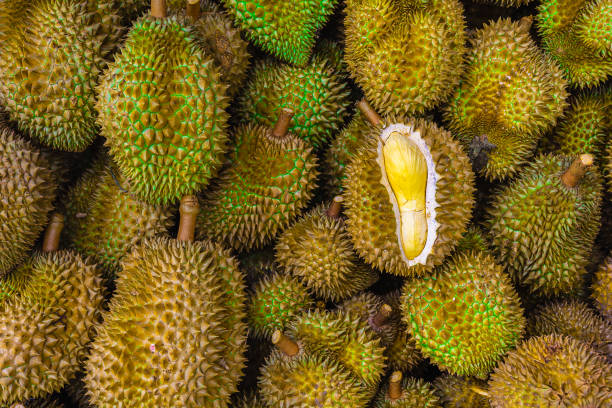
This tropical fruit is also a source of B-vitamins, including thiamine (B1), riboflavin (B2), and folate (B9). These vitamins play vital roles in energy metabolism, the formation of red blood cells, and neural development. The B-vitamin content in durian adds to its nutritional grandeur, supporting various physiological processes within the body.
While durian is known for its distinctive odor, often described as strong and pungent, its nutritional value overshadows any olfactory considerations. For those willing to embrace its unique aroma and flavor, durian can be a nutritious and culturally significant addition to a diverse and balanced diet.
In conclusion, durian, hailed as the “King of Fruits,” combines its unique taste with a nutritional grandeur that sets it apart in the realm of tropical fruits. From immune-boosting vitamin C to digestion-friendly fiber and a spectrum of essential minerals and B-vitamins, durian offers a comprehensive array of nutrients. As we savor the creamy richness of durian, we are not just enjoying a tropical delicacy; we are partaking in a nutritional experience that celebrates both flavor and well-being.

